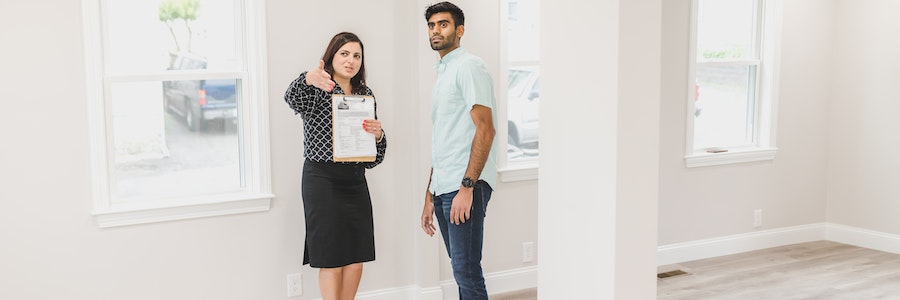5 Questions To Ask Before Purchasing an Investment Property

How To Maximize Your Real Estate Investments
October 22, 2022
What Is A Rental Cosigner?
December 8, 2022What Questions Do Real Estate Investors Ask?
Undoubtedly, real estate investing is a profitable way to make money. In addition, it can be a great source of passive income and help you achieve financial freedom. However, as with any other business, certain risks are involved in becoming a real estate investor.
But before diving in, you must do your homework and learn as much as possible about the business. Then, you can avoid potentially harmful deals, make informed decisions, and reduce your risk by doing so.
What Should New Real Estate Investors Be on The Lookout?
When searching for potential investment properties, new real estate investors should be on the lookout and consider the following:
- Location – Location is among the most important factors when investing in real estate. Look for properties in areas that are growing or have growth potential for higher profits.
- Price – Another vital factor to consider is price. You don’t want to overpay for a property, which will cut your profits. Properties priced below market value give you more room to negotiate and increase your chances of making a profit.
- Condition – The property’s condition is an essential factor to consider. If a property needs a lot of repairs, it may not be worth your investment. Instead, look for properties that are in good condition or only need minor repairs. There is no good reason to tie yourself into a real estate deal over your capacity or means.

What Are Some Major Investing Red Flags?
When considering a potential investment property, be on the lookout for the following red flags:
- The Owner Is in A Hurry To Sell – This could indicate something wrong with the property. Moving on to another property is best if the owner needs to sell today.
- Undesirable Location – A property in an undesirable location could be more challenging to sell or rent. A poorly chosen location could lead to you losing money on your investment.
- Multiple Repairs Needed – A property that needs a lot of repairs is a risky investment. Unforeseen problems could add time and expense, especially if any of these issues are related to water or structural damage.
What Are the Most Critical Questions To Ask When Considering An Investment Property?
- What is the potential return on investment?
- How much work will need to be done to the property?
- What are the risks involved in investing in this property?
- What are the costs associated with this investment?
- What are the potential challenges in selling or renting this property?

1) Return On Investment
When considering an investment property, one of the most critical questions is the potential return on investment or ROI. The ROI is the amount of money you can expect to make from your investment. To calculate the ROI, divide the expected profit by the investment cost. For example, if you desire to make $10,000 from an investment that costs $100,000, your ROI would be 10%.
2) Work To Be Done
You should have a fair idea of what work needs to be completed at the property. Investment homes in relatively good condition will require less work than a fixer-upper. However, the costs of repairs and renovations can quickly eat into your profits, so it’s important to factor this into your decision.
3) Risks Involved
Risks are always involved in any investment, but some investments are riskier than others. Therefore, asking about the risks involved in investing in a particular property is essential. For example, a property that needs a lot of repairs may be a riskier investment than a property in good condition.
4) Costs Associated with Investment
When considering an investment property, it’s essential to ask about the associated costs. These costs include the purchase price, closing costs, repair costs, and carrying costs. Carrying costs are the ongoing expenses associated with owning an investment property, such as property taxes, insurance, and utilities.
5) Potential Challenges in Selling Or Renting
Ask about the potential challenges in selling or renting the property. For example, a property in an undesirable location could be more challenging to sell or rent. Unexpected delays could lead to you losing money on your investment.
By asking the right questions, you can make a more informed decision about whether or not to invest in a particular property. And by making more informed decisions, you can build a stronger foundation as an investor and avoid common issues that arise when starting your career in this dynamic and everchanging industry.
Ready to get started? Click here to start browsing potential investment properties!





